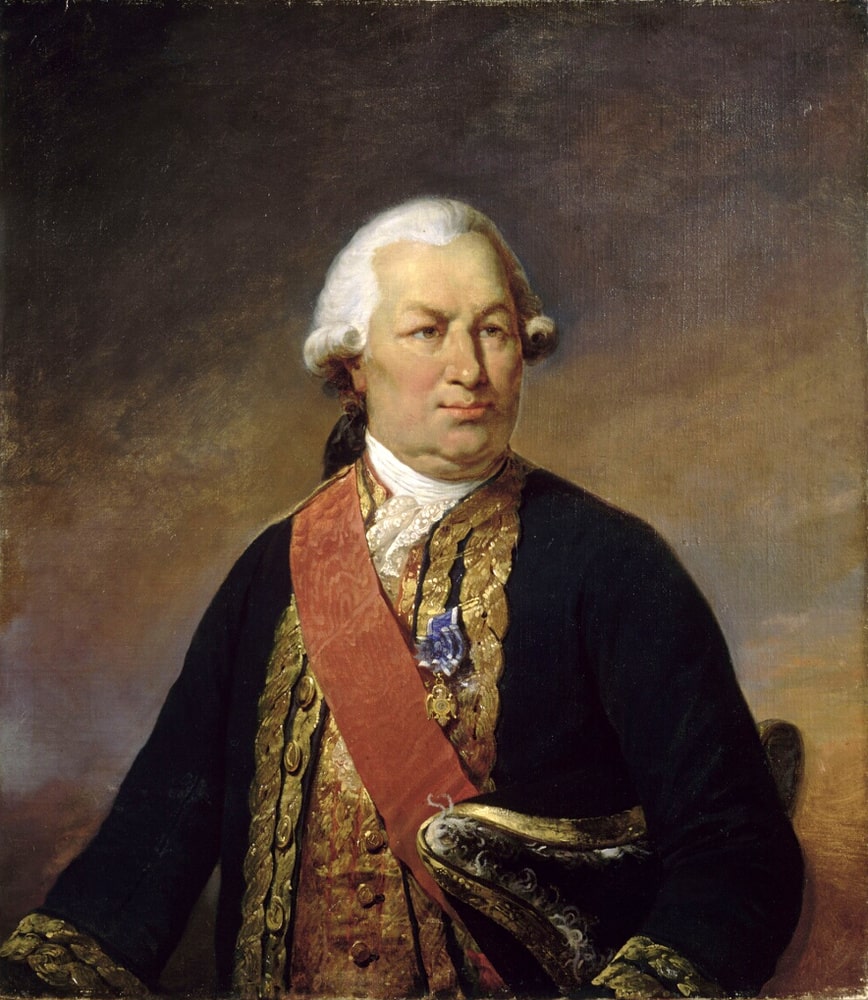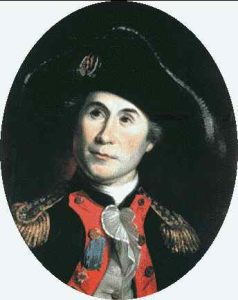Contents

Contents
Quick facts
- Born: 13 September 1722 in Provence, France.
- François-Joseph Paul, comte de Grasse-Tilly, was a French admiral best known for his command of French naval forces during the American Revolutionary War.
- He played a pivotal role in the 1781 Battle of the Chesapeake, which led to the British surrender at Yorktown, effectively ending the war in favor of the American colonists.
- De Grasse’s strategic naval maneuvers successfully blocked British naval reinforcements and supplies, crucially aiding the American and French siege of Yorktown.
- De Grasse raised significant funds in Havana, Cuba, to finance the Yorktown campaign, demonstrating his diplomatic and leadership skills.
- After the American Revolutionary War, de Grasse returned to the Caribbean, where he was defeated and captured by the British in the Battle of the Saintes in 1782.
- Despite his capture, de Grasse’s contributions to the American Revolution were highly celebrated in France and the United States, solidifying his legacy as a key figure in the war.
- Died: 11 January 1788 in Tilly, France.
Biography
François-Joseph Paul, comte de Grasse-Tilly, was a French admiral who played a significant role in the American Revolution. Born in 1722 in the city of Bar-sur-Loup, France, de Grasse grew up in a family of minor nobility with a long history of military service.
At the age of 13, de Grasse joined the French navy and quickly rose through the ranks. He proved himself to be a skilled sailor and strategist and was eventually appointed as the captain of his own ship. During his early career, de Grasse saw action in several conflicts, including the Seven Years’ War, in which he served in the West Indies.
In 1781, de Grasse was given command of the French fleet in the West Indies. That same year, he played a critical role in the Battle of Chesapeake Capes, a naval engagement that paved the way for the decisive American victory at the Siege of Yorktown. De Grasse’s fleet successfully engaged and defeated a British fleet led by Admiral Thomas Graves, thereby ensuring that the French navy would have control of the waters around Virginia and preventing the British from resupplying their forces.
De Grasse went on to lead the French fleet in the Battle of the Saintes, a decisive victory against the British in the Caribbean. This victory effectively ended British naval superiority in the region and was a major turning point in the American Revolution.
After the war, de Grasse returned to France and was hailed as a hero. He was made a chevalier of the Order of Saint-Louis and was granted a substantial pension by the King Louis XVI. However, his career was not yet over. In 1789, he was appointed as commander-in-chief of the French navy and was given the task of modernizing and reorganizing the fleet.
Unfortunately, de Grasse’s efforts were cut short by the outbreak of the French Revolution. He was accused of being a royalist sympathizer and was imprisoned. Although he was eventually released, his health had been severely compromised by his time in prison, and he died in 1788.
De Grasse was widely admired for his bravery, his strategic acumen, and his leadership skills. He was a skilled naval tactician who was able to outmaneuver his opponents and win decisive victories. His contributions to the American Revolution were critical and he played a key role in securing victory for the fledgling United States.


